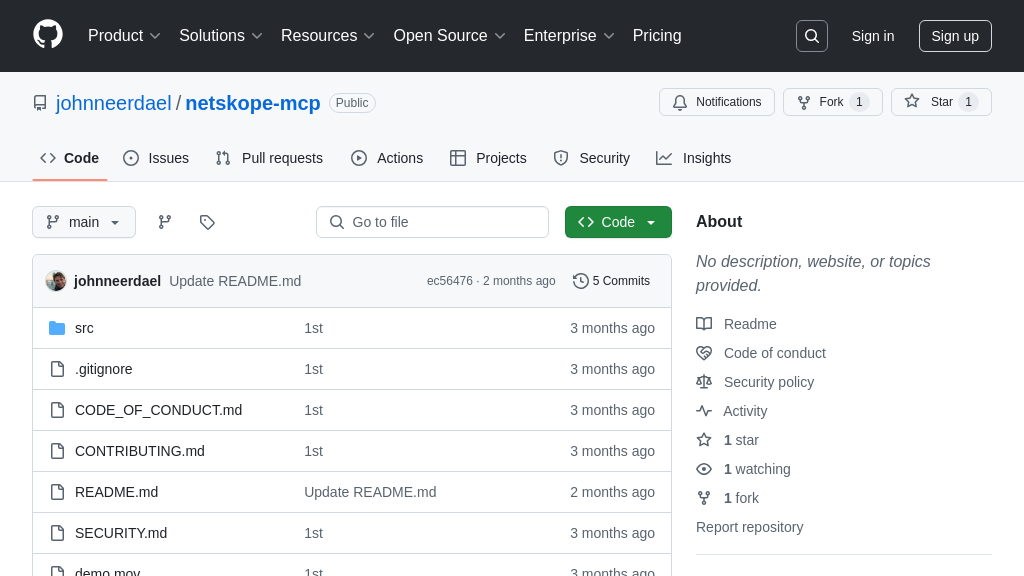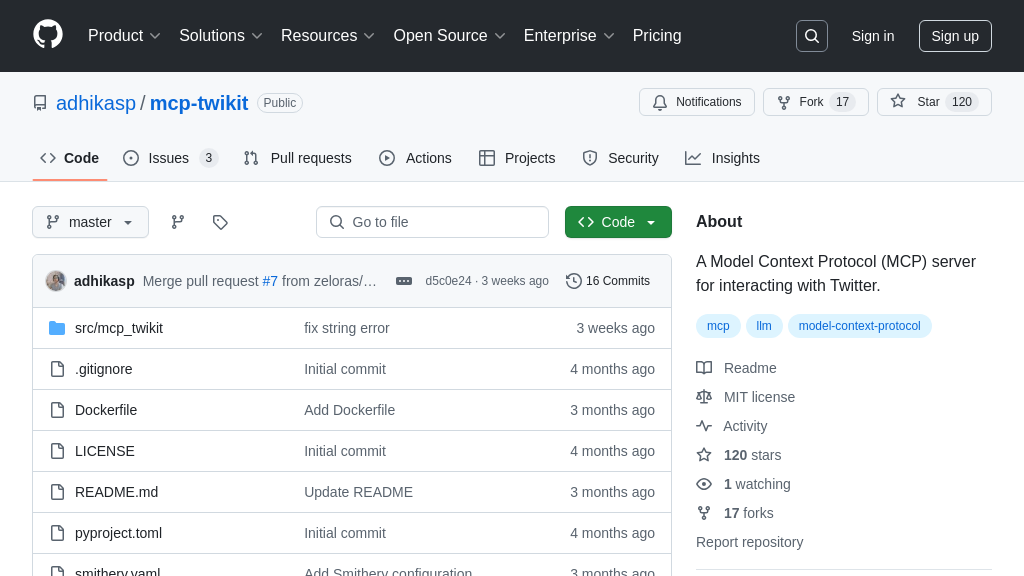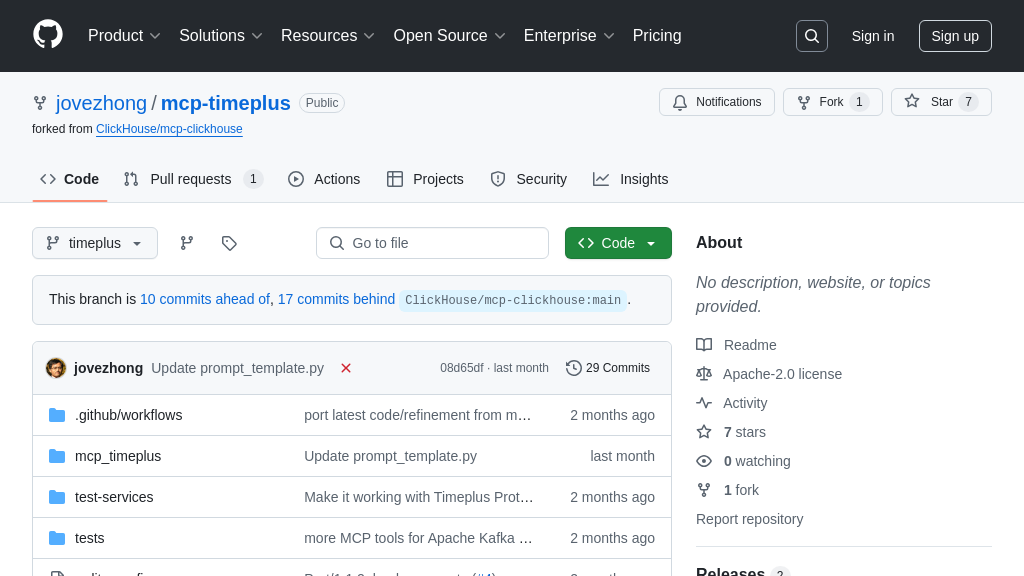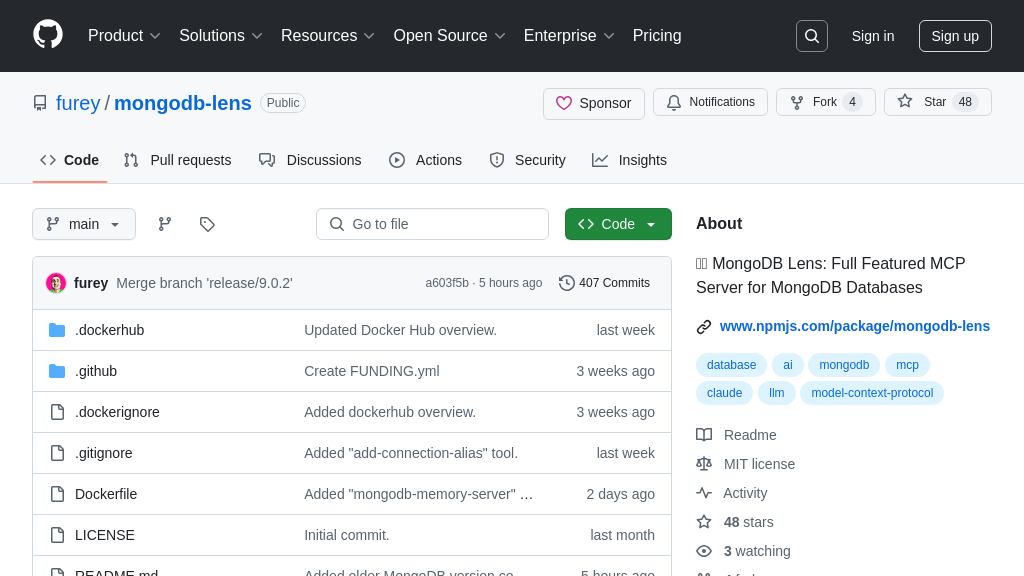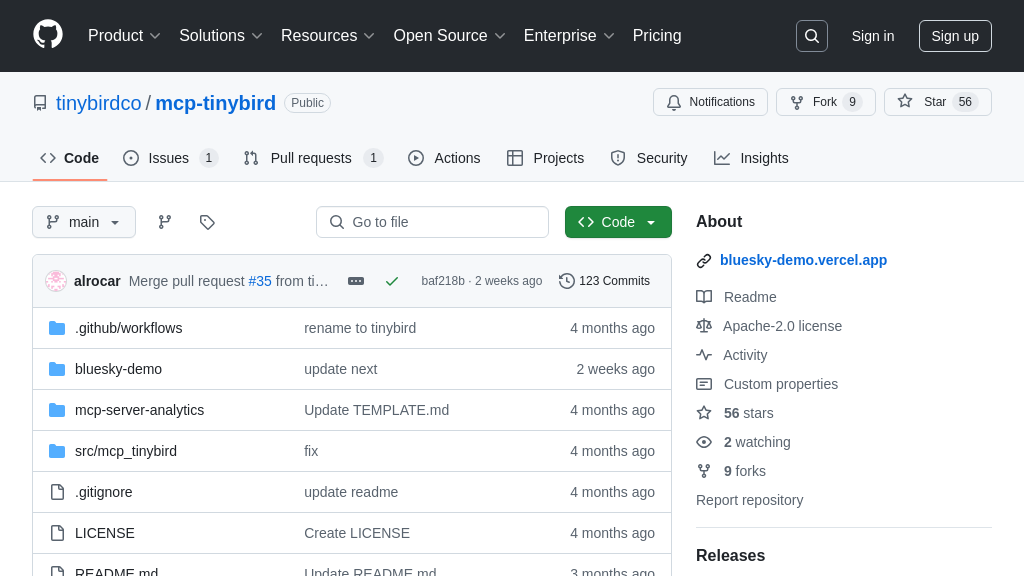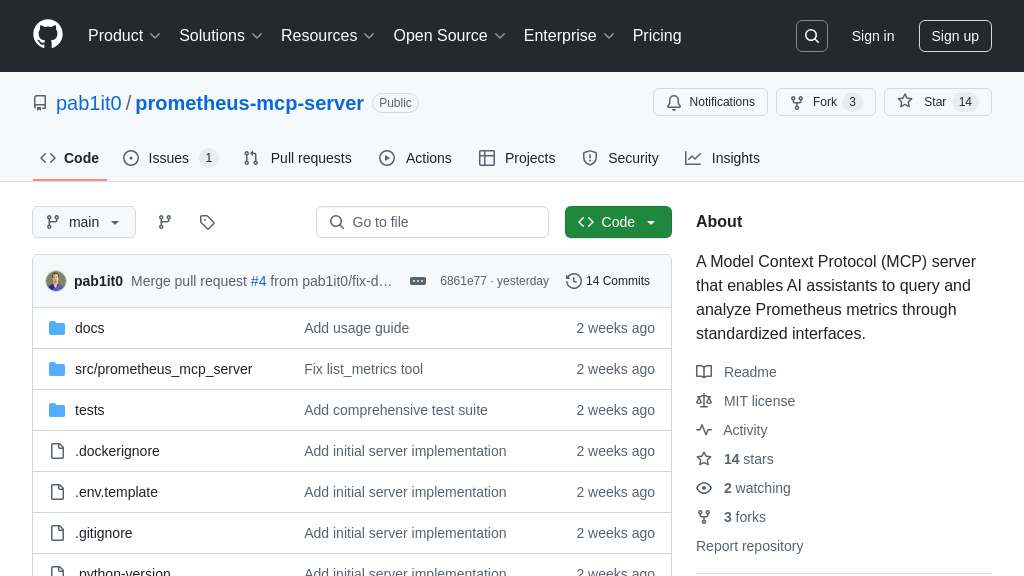Opik-MCP
Opik MCP Server: Open-source MCP server for seamless AI model integration and management on the Opik platform.
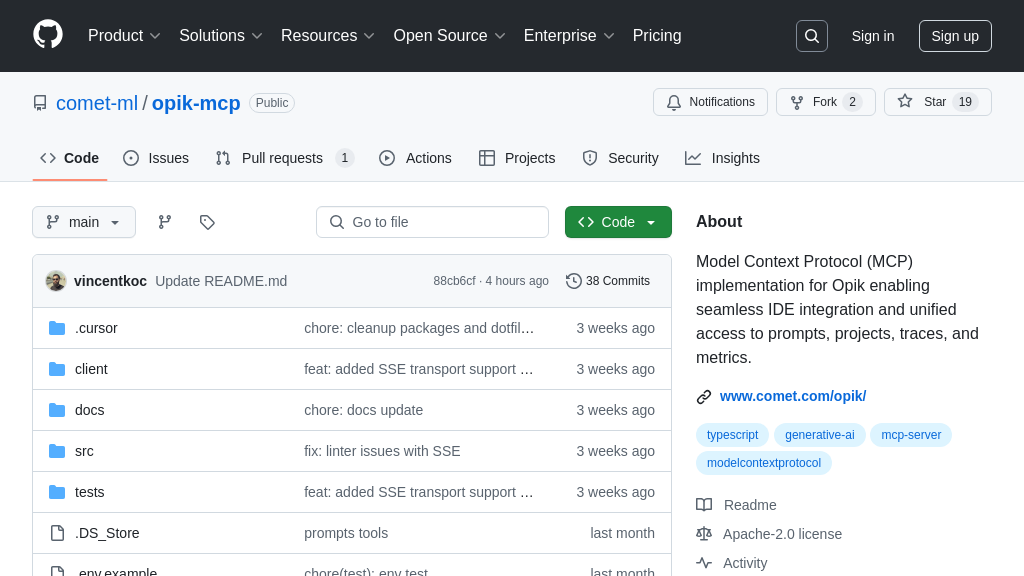
Opik-MCP Solution Overview
Opik-MCP is an open-source MCP server designed to seamlessly connect AI models with the Opik platform. As a core component of the MCP ecosystem, it provides a standardized interface for managing prompts, projects, traces, and metrics, enhancing the functionality of LLM applications.
Opik-MCP excels in IDE integration, offering direct access to Opik's features within development environments like Cursor. It utilizes various transport options, including stdio and SSE (experimental), to adapt to different integration scenarios. By providing a unified API, Opik-MCP simplifies the management and monitoring of AI workflows.
Developers benefit from streamlined access to essential functionalities, improving productivity and collaboration. Opik-MCP can be easily installed and configured, with integration achieved by configuring a .cursor/mcp.json file. This allows AI models to interact with external data and services securely and efficiently, making Opik-MCP a valuable tool for modern AI development.
Opik-MCP Key Capabilities
Seamless IDE Integration
Opik-MCP is designed for seamless integration with IDEs like Cursor, allowing developers to directly access Opik's functionalities from their development environment. This integration is achieved through a configuration file (.cursor/mcp.json in the case of Cursor) that specifies the command and arguments needed to launch the Opik-MCP server. By integrating directly into the IDE, developers can manage prompts, projects, traces, and metrics without switching between different tools or interfaces. This streamlines the development workflow, reduces context switching, and enhances productivity. For example, a developer can create and test prompts directly within their IDE while coding, immediately seeing the impact of prompt changes on their application's behavior. This feature simplifies the iterative process of prompt engineering and debugging.
Unified API Access
Opik-MCP provides a unified API to access all Opik functionalities, such as prompt management, project organization, and data tracking. This unified access is facilitated through the Model Context Protocol (MCP), which standardizes the communication between AI models and external resources. The server supports multiple transport options, including standard input/output (stdio) and Server-Sent Events (SSE), allowing it to adapt to different integration scenarios. This abstraction simplifies the interaction with Opik's features, enabling developers to use a consistent set of commands and data structures regardless of the underlying implementation. For instance, a data scientist can use the same API calls to retrieve metrics data whether the Opik-MCP server is running locally or remotely. This consistency reduces the learning curve and simplifies the development of AI-powered applications.
Centralized Platform Management
Opik-MCP offers a centralized interface for managing prompts, projects, traces, and metrics, enabling efficient organization and monitoring of LLM applications. This centralized management is crucial for maintaining control over the various components of an AI project and ensuring consistency across different experiments and deployments. By providing a single point of access for managing these resources, Opik-MCP simplifies the process of tracking and analyzing the performance of LLM applications. For example, a team of developers can use Opik-MCP to organize prompts into projects, track the traces of different model runs, and collect metrics to evaluate the performance of different prompt versions. This centralized management facilitates collaboration and enables data-driven decision-making.
Flexible Transport Options
Opik-MCP supports both Standard Input/Output (stdio) and Server-Sent Events (SSE) for communication. Stdio is suitable for local integrations where the client and server run on the same machine, offering simplicity and directness. SSE, while experimental, enables remote access and supports multiple concurrent clients via HTTP. This flexibility allows Opik-MCP to adapt to various deployment scenarios, from local development to distributed systems. The choice of transport can be configured based on the specific needs of the application, balancing simplicity with scalability and remote accessibility. For example, a developer might use stdio during local development for its ease of setup, then switch to SSE for a production environment where remote access is required.



